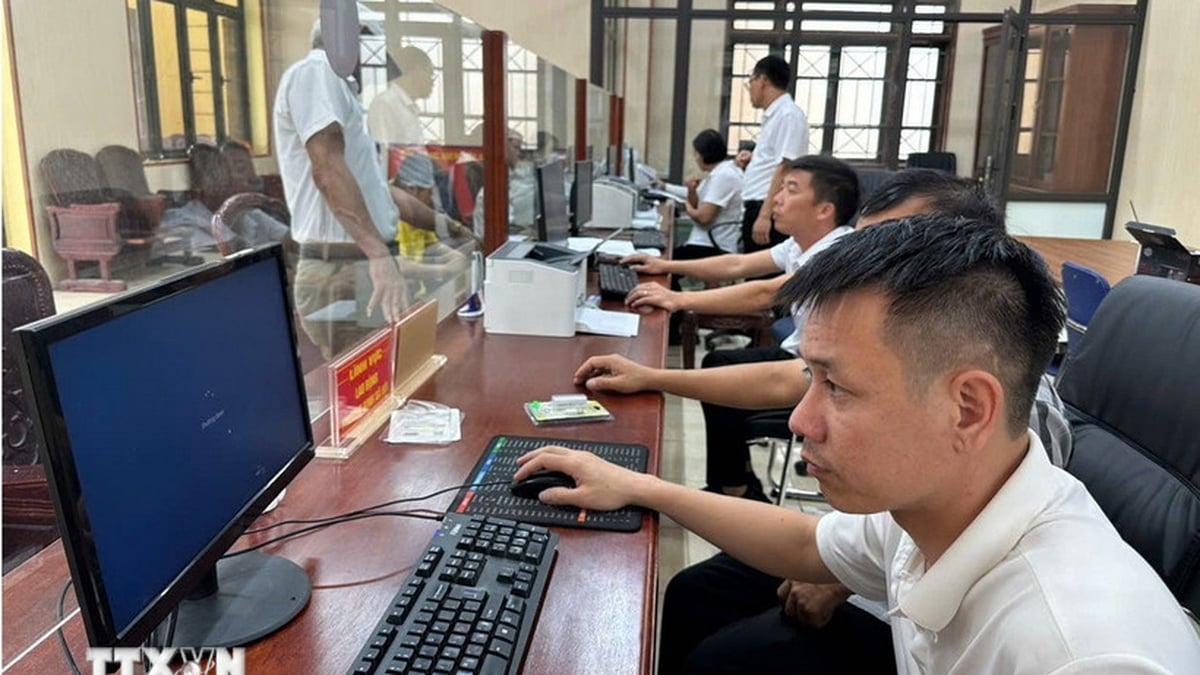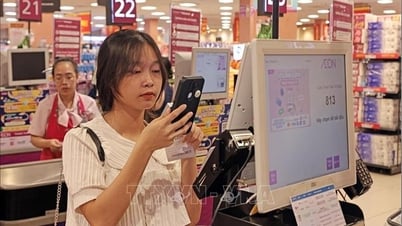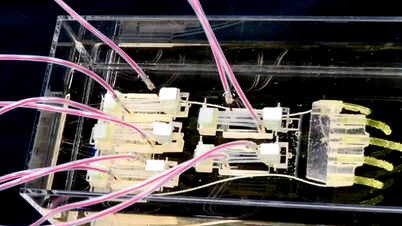Recently, the Military Commercial Joint Stock Bank (MB) has issued a warning to customers about common scams that occurred in July. Accordingly, through phone calls with elaborate and well-planned scenarios, scammers can lure victims into providing confidential information, or downloading malware, thereby accessing and withdrawing money from bank accounts, e-wallets, securities accounts, etc.

Illustration
Fraudulent tricks and scenarios include:
Taking advantage of administrative unit arrangement, impersonating competent authorities to notify of updated residence information
The subjects impersonate police officers or local authorities, call or text people with the excuse of "instructing them to update their residence information due to a change in administrative address", then send fake links or instructions to install applications of unknown origin.
When people provide personal information, bank accounts or e-wallets as instructed, mobile devices can be infected with malware and take control. From here, they steal personal data, OTP codes or appropriate money in bank accounts, e-wallets, and even securities accounts of the victims.
Impersonating a bank employee, notifying support for handling annual fees/unusual fees on credit cards
Fraudsters impersonate bank employees and call customers to inform them about annual or unusual fees on their credit cards, with a warning that the card will be temporarily locked within 24 hours if not handled immediately.
Taking advantage of the panic, they send fake links with interfaces similar to bank websites, asking customers to log in with personal information and card information for processing. Immediately after the victim provides information, the subjects will quickly appropriate money in the account or conduct illegal transactions.
Call to verify e-wallet
From July 1, 2025, e-wallets are officially recognized as legal means of payment like bank accounts and cash.
Taking advantage of this, scams on e-wallet platforms are becoming more and more sophisticated. Notably, impersonating employees of e-wallets such as MoMo, ZaloPay, VNPay ... to request "information verification", thereby enticing customers to provide their accounts and OTP codes.
In addition, they also create fake winning notifications, asking users to click on links, scan QR codes or transfer money to receive gifts. Some subjects also impersonate police or technical staff, warn that "wallets have been hacked" and ask for security information to take control of the account.
In this situation, MB Bank recommends that customers absolutely do not provide personal information, bank accounts, securities accounts or OTP codes to anyone via phone, text message or social networks without clearly verifying their identity.
At the same time, do not access or log in to strange links, websites, do not install applications or open attachments from unknown senders. Customers should also not register accounts or identify e-wallets for others.
If receiving suspicious calls or messages, customers should proactively contact the bank's official switchboard or go directly to the nearest branch for verification, to protect the safety of assets and personal information.
Source: https://vtcnews.vn/vi-sao-ke-fraud-dao-co-the-drut-tien-trong-tai-khoan-qua-cuoc-dien-thoai-ar955957.html



























![[Photo] Signing of cooperation between ministries, branches and localities of Vietnam and Senegal](https://vphoto.vietnam.vn/thumb/1200x675/vietnam/resource/IMAGE/2025/7/24/6147c654b0ae4f2793188e982e272651)












































































Comment (0)